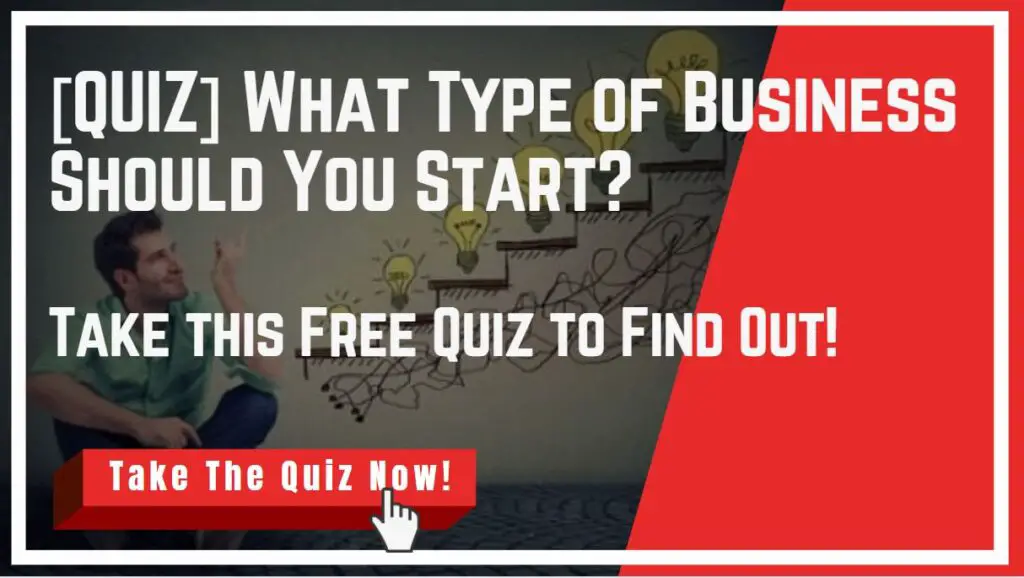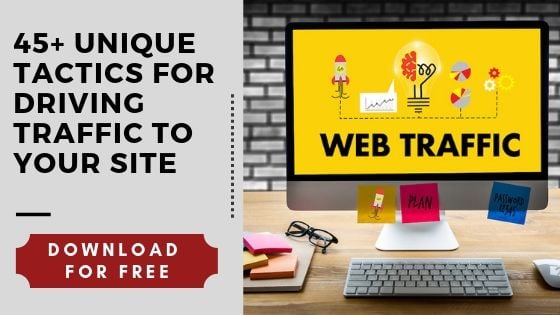The use of social media for business has grown exponentially over the past decade. With social media, a business can reach their specific target audience and can even help generate traffic to your website. With multiple platforms available, some time should be spent considering which social media platform could best help your specific business. So how do you know which site to use? Let’s dig in to how to choose the right social media for business.

Table of Contents
Benefits of Facebook for Business
From all the social media platforms available, Facebook is the biggest when it comes to the total number of users. As of July 2019, Facebook has 2.41 billion monthly active users, according to the strategic insights at Zephoria. Of those 2.41 billion, 1.62 billion log into Facebook daily. The sheer volume of daily active users gives businesses ample opportunity to connect to their audience.
Facebook is a great starting point for any business. You’ll be able to connect with your customers by:
- Making yourself discoverable
- Having personalized conversations
- Sharing photos and videos featuring your brand
Other tools within Facebook help you to reach a broader audience. One of the newer features on Facebook is Lookalike Audiences. Facebook writes, “Lookalike Audiences let you find more people who are similar to your best customers. It’s a great way to use the insights you’ve gained from your Facebook marketing to find more people who’ll love your products and services.”
Facebook also features a great marketing tool called Facebook Ads, which has the ability to target your audience to the dot. Targeting options include things like:
- Age
- Gender
- Location
- Behaviors
- Interests
Facebook is a great option for businesses who are looking to tap into their audience quickly and efficiently. Facebook allows businesses to target in a multitude of ways, meaning you can find your audience both by their preferences and location. For this reason, it s a great option for both online and brick and mortar businesses. The downside of this platform is that more and more, Facebook impressions by businesses require “boosting” or ads to be placed. This means that you will need to spend some money just to get this audience to see your content, promotions, and offers.
For a guide on the Do’s and Don’ts of Facebook, check out Hubspot’s guide here.
Benefits of Twitter for Business
Twitter is a great social media site to share photos, videos, and links. With over 330 million monthly active users as of September 2019, Twitter is one of the top performing social media sites.
Although limited to 280 characters, Twitter is great for customer engagement and interacting with your target audience. Twitter users select a handle or user name and mentioning someone’s username within your tweets shoots a notification to the person who was mentioned, providing an opportunity for engagement with influencers and customers alike. Another great tool to interact with your target audience are hashtags, which are like keywords that are preceded by a hash or pound sign to help amplify posts.
With the ability to reach a wide range of audiences, Twitter is a great tool to add to your customer support system. Having an active profile allows the customer to seek help through your Twitter page. Companies that use Twitter for support include JetBlue, Uber, and even Nike. These brands frequently interact on Twitter with customers who have had both good and bad experiences, and have been known to rectify some of these negative experiences in front of the whole Twitterverse. What a powerful opportunity to show your customers that you care!
Twitter is a great option for businesses who are looking to reach influencers and create general brand awareness. While it may be a good option for web-based businesses who are looking to attract wide-scale attention, brick and mortar stores may see a slower rate of return from their Twitter work.
Benefits of Instagram for Business
Instagram is a social media tool that has been steadily growing since its inception in 2010. Currently, the platform has 1 billion monthly active users, 500 million of those accounts being used daily. 71% of its users are also under the age of 35, making it an ideal platform to reach millennials, and younger generations.
Several features distinguish Instagram from its social media counterparts. First off, Instagram is mainly a mobile application. While their is a web-based version, its functionality is limited and it is not really intended to be used via desktop computing. As such, users post images and videos of everyday life like food, art, travel, and fashion. The application is also known for its photo and video filtering options.
Instagram has an artistic niche to its application. It’s different than Twitter, where users post anything and everything. Instagram users typically post artistic shots and aesthetically pleasing images. Depending on your business, this could either be a great opportunity for you, or a gigantic waste of time. Some businesses that would work well on Instagram would be those who have strong visual appeal, like a jewelry or clothing retailer. But you can also think outside the box and use Instagram if you are a service oriented business that could capture great before and after photos. For instance, a company who designs closets could use Instagram to show a closet makeover!
There are literally hundreds of social media platforms to choose from, but these are certainly the “big three” when it comes to using social media for business. Finding which platform can provide the biggest return on not only monetary investment, but also the time spent is the key to being successful online. This may require some testing, but finding the right platform for your business can exponentially increase the reach of your business and it will certainly be worth it in the long run.
Recommended Reading:
- How to Start a Blog and Make Money from Home
- How to Start a Business in 30 Days: A Complete Guide
- How to Create a Content Calendar: 3 Effective Steps
- What is Social Listening and How Can It Grow Your Business
- 10 Instagram Business Tips for Marketing Success
- The Twitter Marketing Strategy You Will Need in 2020
- How to Use Instagram for Business and Get More Customers



